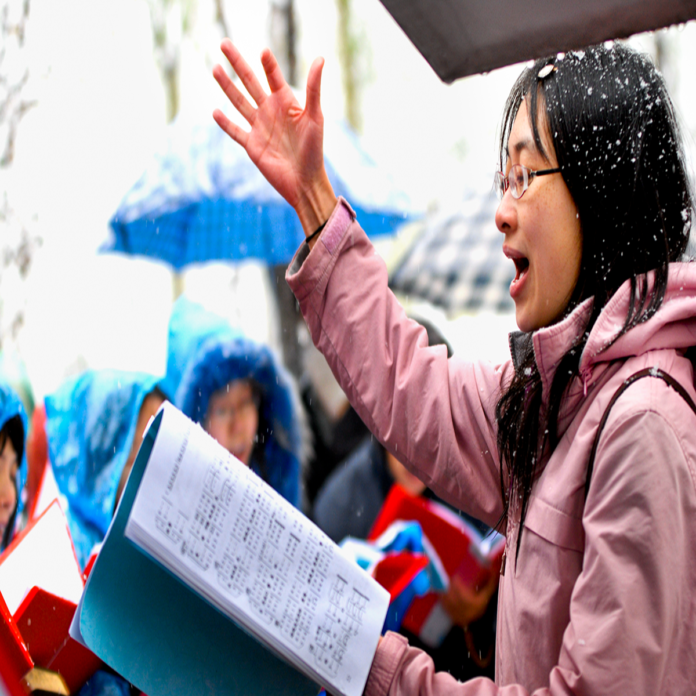China continues its widespread persecution of religious minorities, with the government intensifying efforts to Sinicize faith communities and impose Communist Party of China (CCP) ideology on religious practices. In a recent development, the Chinese authorities ordered the removal of images of Jesus Christ and replaced them with portraits of President Xi Jinping in Catholic and Protestant churches, as noted in a U.S. government report on religious repression in China.
Sinicization, a policy spearheaded by President Xi Jinping, aims to bring religious groups under the CCP’s political influence. Some of the key actions introduced under this policy include:
- Appointing CCP-aligned individuals as religious leaders.
- Altering religious places like mosques and churches to reflect CCP-approved architecture.
- Integrating CCP propaganda into religious teachings.
- Banning religious activities not sanctioned by the CCP.
Despite China’s constitution guaranteeing freedom of religious belief in Article 36, in practice, the state controls religion through strict regulations, discouraging citizens from practicing their faith. The government has cracked down on all non-CCP-backed religious activities, pushing for all religions to conform to CCP doctrines and the cultural customs of the majority Han Chinese population.
According to a U.S. government report, churches across China have been forced to remove crosses and replace religious images with those of Xi Jinping. Religious texts have been censored, and clergy are required to preach CCP ideology.
The Uyghur Muslim population in Xinjiang, numbering over 11 million as per the 2020 census, has been particularly targeted. Since Xi Jinping’s rise to power in 2013, over a million Uyghurs have been detained in “re-education camps,” with many facing harsh prison terms. Forced sterilizations, the banning of Uyghur religious practices, and the destruction of mosques have raised international concerns. Human rights organizations and global leaders continue to condemn China’s treatment of the Uyghurs, but the persecution persists.
Hui Muslims, who once avoided the brunt of state control, are now also facing increasing government scrutiny as Beijing tightens its grip on religious practices across the country.



